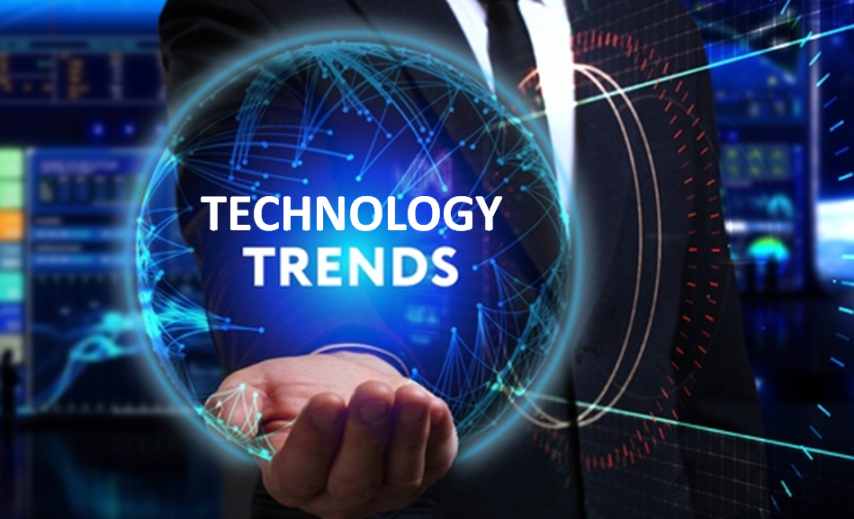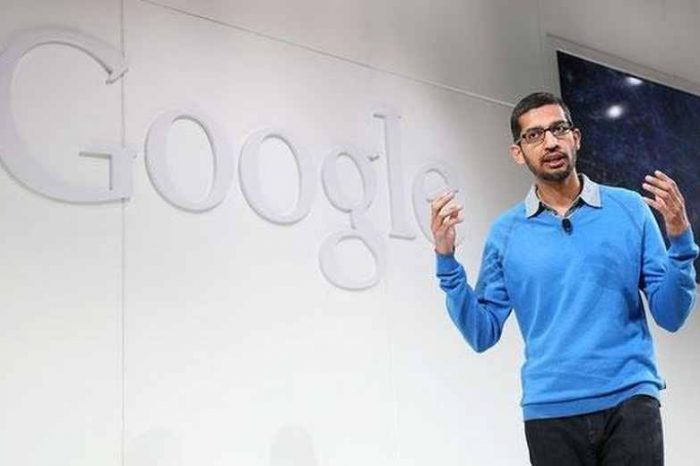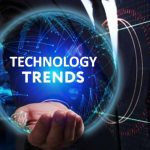Top tech trends and predictions that will shape 2023 and beyond

On October 28, 2021, Meta founder and CEO Mark Zuckerberg announced it was changing the company’s corporate name from Facebook to Meta to reflect its focus on the metaverse, a term the social giant described as “an embodied internet where you’re in the experience, not just looking at it. We call this the metaverse, and it will touch every product we build.”
Immediately after the announcement, the term metaverse dominated the headlines and the 24-hours news cycle. Since then, the metaverse has also led to the rise of Web3, with the idea to decentralize the control of the internet and give it back to the people that create the value.
Fast forward a little over a year later, OpenAI took the internet by storm with the announcement of its dialogue-based artificial intelligence chatbot known as ChatGPT, a successor to the Generative Pre-trained Transformer 3 (GPT-3), which is an autoregressive language model that uses deep learning to produce human-like text.
In just five days after its launch, ChatGPT crossed one million users, according to a post by Open AI co-founder Sam Altman. To put that in perspective, it took Netflix 3.5 years, Facebook 10 months, Spotify 5 months, and Instagram 2.5 months to reach the one million users mark.
The metaverse, regenerative AI, and Web3 are just a few of the new technology trends that have been shaping the technology landscape in the past two years. However, with the technology industry on a constant growth path to become increasingly advanced alongside ever-changing business trends, it’s important to look ahead and try to determine what trends we could be seeing in the future in order to be prepared and remain current.
A team of 10 senior experts at UK-leading technology consulting outlet Opencast has explored 10 trends that could shape 2023 and mark just the beginning of the future. From more sustainable, energy-efficient technology solutions to greater use of live AI for data capture and visualization, in the piece below, Opencast delve into a variety of sectors gaining a greater insight into what 2023 might hold. With that, below are their top 10 predictions for 2023.
Prediction 1: An accelerated and more comprehensive focus on delivering sustainable, energy-efficient technology solutions in the drive toward net-zero
Prediction 2: Technology has ramped up for remote, but we need to keep our humanity. We need rules and ethics and etiquette to ensure that tech enriches our lives
Prediction 3: More investment in digital transformation as organizations drive efficiency. Organizations will get serious about sustainability
Prediction 4: Cost pressures driven will mean that intelligent investments into what matters most for employees are going to be critical
Prediction 5: Industry-wide realization that open source must be better supported to keep commercial software up and running
Prediction 6: Focus on how we can usefully and ethically harness the power of AI and machine learning, as tools rather than magic solutions to problems
“More focus on the resilience of processes and systems and on security. Supply chains have been stretched and broken in the last two years. More focus on how tech can help going forward. Impact and risk analysis could surely be smarter, predictive and “what if”! Continued and even more focus on the use of tech in government services, which are under severe financial pressure. We expect more from them as citizens and also are all part of aging populations. A focus on how we can usefully and ethically harness the power of AI and machine learning. People are starting to talk more about these technologies being tools rather than an all-in-one magic solution to a problem, but we need careful governance and remember humans ultimately direct them. Don’t blame a “rogue algorithm”!” Mike O’Brien – co-founder added
Prediction 7: More conversations with people moving into tech from completely different previous careers mean companies will explore how they can open new opportunities to bring in people from diverse backgrounds
Prediction 8: People teams will work harder as shorter tenures become the norm. People are seeking a culture and environment with well-being at the forefront – we’ll see this trumping other motivation
Prediction 9: Cloud and 5G are changing everything. Greater use of live AI for data capture and visualization and the ever-blurring boundary between gaming and the real world
Prediction 10: As the need for data increases, so will the need to provide data privacy. This will lead to growth and ideation in the data governance space around the visibility and traceability of the data used in AI.
These predictions are, of course, far from exhaustive and not a perfect science. If the last four years taught us anything, it should be to expect the unexpected, as we develop innovative technologies to respond to what nature throws at us. With that, below are some other technologies we think will shape 2023 and beyond.
- Advancements in AI and machine learning will lead to more human-like virtual assistants and intelligent automation in various industries.
- Internet of Things (IoT) will continue to expand, connecting more devices and creating new opportunities for data collection and analysis.
- Blockchain technology will be used to create new types of digital assets and decentralized platforms and will be increasingly adopted in various industries.
- Quantum computing will become increasingly relevant and important for solving complex problems in fields like finance, healthcare, and logistics.
- Virtual and augmented reality will be increasingly used for both entertainment and practical applications like remote work and education.
- 5G networks will become more widespread, enabling faster internet speeds and more reliable connections.
- Autonomous vehicles will become more common, improving safety and efficiency on the roads.
- Robotics and drones will be used more frequently in manufacturing, delivery, and other industries.
- Edge computing will become more important as more devices are connected to the internet, allowing data processing to occur closer to the source
- Biotechnology and gene editing will continue to advance, leading to new medical treatments and potential ethical concerns.
In closing, we will come back a year from now to see how accurate these predictions are.




